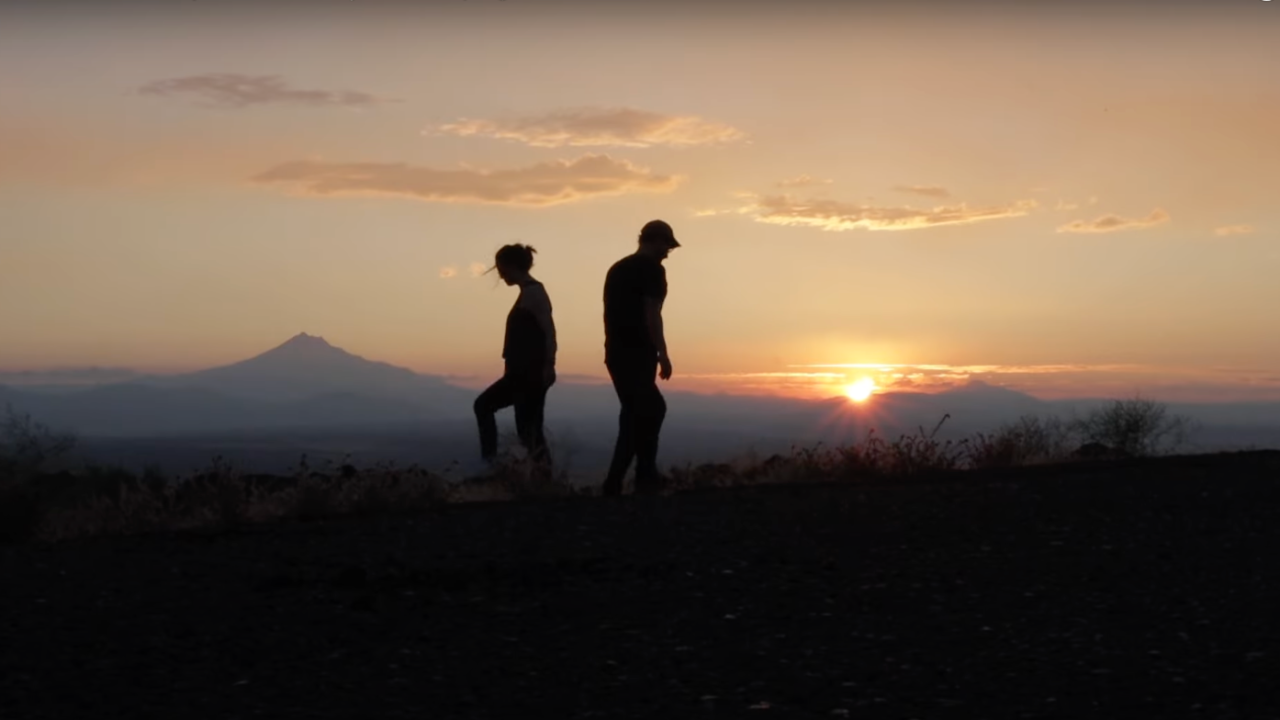The Social Effects of Clutter (How Clutter Impacts Your Relationships)
Nov 08, 2023
You hear a lot about how clutter causes stress and anxiety. I even have an entire blog post and video on the ‘psychological effects of clutter’. But something that doesn’t get much thought is the social effects of clutter. How clutter affects your relationships and other people around you.
The social effects of clutter can carry a lot of weight in our lives and overall happiness.
In fact, it can damage your relationships. So, let’s start there. Now, I want to say, before we even dive in, that this isn’t about bringing more shame and self-loathing to those struggling with clutter. Not at all.
This is about sharing an outside perspective and creating some discourse around a subject that impacts so many people. I think when we can explain where someone else is coming from, we can start to find areas of camaraderie and compromise. 🙂
#1. Clutter Affects Your Relationship With Your Significant Other
I’ve received messages from people struggling with their partner bringing in clutter, saying things like:
“It’s hard, and I don’t want to be overly pushy. Fighting and arguing is NOT my goal or desire.”
“I even went to the extent of buying a larger TV stand so he can display items, but he couldn’t pick. It ended up being boxed in storage… It is embarrassing and looks like we haven’t unpacked”
“One person can’t do it all alone. I can’t believe I haven’t snapped!”
In an article by Psychology Today, therapist Marilyn Wedge shares about a couple she worked with where one partner used cluttering as a form of passive-aggressive anger. For the wife, the more her husband spent time away with work and friends, the more she would leave her stuff around on every surface and shop to bring more in. And as a result, he would spend even more time away! It became a cycle.
Now, I wouldn’t say that cluttering is usually a passive-aggressive act so much as a moral and value difference.
Psychologist, Patricia Riddell, describes it as a problem of competing goals causing friction because different people have different standards and thresholds for the clutter in their home. This psychically expressed difference in values leads to anger, repeat arguments, and fatigue.
Those who are more bothered by the clutter may feel like they’re becoming a nag. They are being pushed into a version of themselves they don’t enjoy being. They may see repeat cluttering as disrespectful and uncaring.
Not only is it a source of partner tension and arguments, but clutter also contributes to the financial state of the household. Due to things like losing items and repurchasing, losing bills, paying for upkeep on excessive belongings, and storing. In fact, storage facilities are a billion-dollar-a-year industry.
This contributes to 2 of the top 5 reasons for divorce, according to a study done by the National Library of Medicine, excessive arguments, and financial problems. Luckily there are some great ways to get everyone on the same page and I mention some of them in this article.
Clutter can also be a barrier to romance (literally).
This is especially true if you’re dating and afraid to allow your date to step foot in your home. Not to mention, there’s nothing sexy about dirty laundry or candy wrappers on the bed.
Beyond that, if your energy and time are being absorbed into constant home upkeep, you likely have little energy or desire to spend romantic time with your partner. When you don’t feel sexy, you don’t want to be sexy. This is why ‘love’ is one of the core holistic components of planning your space.
#2. Clutter Affects Your Social Life (It’s Isolating)
Obviously, one of the ‘social effects of clutter’ is that it affects your social life! In a Rubbermaid survey conducted by Russell Research, nearly half of surveyed homeowners said they won’t invite friends over if their home is cluttered.
I mean, this is no surprise. We tend to associate the quality of our homes with being put together. Having a well-put-together home makes us feel confident. Whereas having a cluttered disaster-of-a-space brings on a lot of shame and embarrassment.
This not only affects you but it can affect those in your household too. I used to babysit for a girl in elementary school who told me that people weren’t allowed at her house because there was too much stuff.
She could go to sleepovers at other girls’ homes but would never have one herself. I could tell that she was embarrassed and frustrated about this even at a young age. Even I wasn’t allowed in her home. If the library closed after school before it was time to drop her off at home we would have to find a parking lot to wait in until her parents got home.
I would say, it’s not just socially isolating in the physical sense, but in an emotional sense as well. A lot of people reach out to me with such embarrassment like their home is their deep-dark secret. That nobody else would understand. It’s isolating.
#3. Clutter Affects Your Kids
Speaking of the story I was just sharing, if you have kids- clutter affects them too. The National Institute of Mental Health found that “kids living in a severely cluttered environment often have elevated levels of distress, experiencing less happiness and more difficulty making friends.”
Not just that, but research has found that these kids, “tend to score lower on tests of cognitive ability and self-regulatory capabilities, have poorer language abilities, and score higher on measures of problem behaviors and learned helplessness than children raised in less chaotic environments” (Jaffee, S., Hanscombe, K., Haworth, A., Davis, P., and Plomin, R., 2012).
Let’s talk about this learned helplessness.
This means that they feel that they cannot change the environment around them to make things better for themselves. It means that they stop trying when things are difficult. They tend to give up more easily.
Not only that but it makes keeping up with their own spaces more difficult. A kid who is drowning in toy clutter is going to be less able to be responsible for managing those toys. Telling them to clean their room might just be setting them up for failure and a lifelong belief that keeping clean isn’t really possible. If you need help with kids’ toy clutter check out my action plan in this blog post.
Now, I will say that the girl I used to babysit was very smart and had an air of responsibility. I was under the impression that she was the adult of the house. She took care of her younger sibling and kept me up to date on her school activities. She was basically a pre-mature adult which has its own drawbacks.
A better option
According to another study on school achievement for twins, “children who do better at school tend to come from homes that are quieter, more organized, and have a predictable routine, regardless of socioeconomic status” (Evans, 2006). I have another article on the benefits of clutter-free living for kids, specifically.
#4. How Your Clutter Affects Others
So, in general, the social effects of clutter can be broken down into 2 categories: how your clutter impacts you, socially and how your clutter impacts other people in your life. Psychotherapist and professional organizer, Cindy Glovinsky, said: “those prone to anxiety (or people with the highly sensitive personality trait) may have a lower threshold for messiness in their surroundings than the average person.”
“Those who feel overwhelmed may become anxious or depressed as a result.”
Now, I know we don’t need a study to tell us that clutter causes stress (if you do, I have a whole post about minimalism and mental health). But it’s worth thinking about that tolerance difference between you and those around you.
Because, while you might feel fine or even comforted by surrounding yourself with belongings, other people might become anxious, depressed, and overwhelmed.
For some, there’s also the question of what they’ll be leaving behind.
I say this because one comment I get a lot of is “my parents left me all of this stuff and it’s going to take me forever to dig through it”. If you can relate to this my post on “How to Handle Sentimental Clutter” could be of help.
Just keep in mind that everyone experiences their space differently and we all value unique things. But it can be easy to get stuck in our daily flow and forget how these social effects of clutter may be impacting those around us.
That’s all for today and I’ll see you next week!



